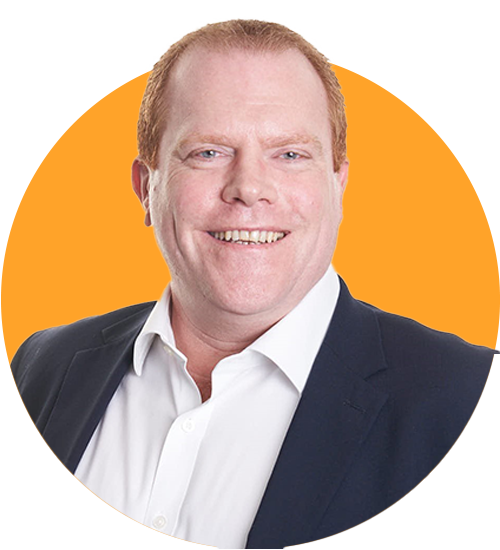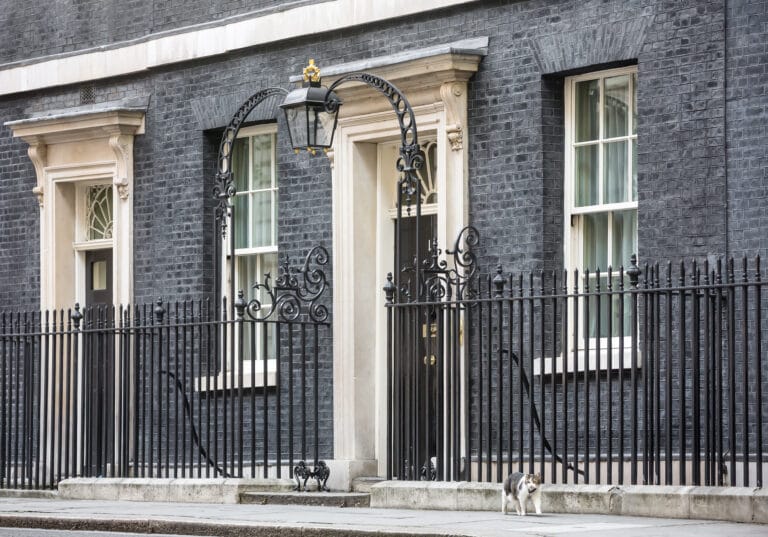David Morris, our CEO, shares his insights on what sustainability means to him and how he’s helping shape it for our customers.
We should all care
We simply can’t afford not to. Climate change is accelerating, and its effects are rippling across the globe – impacting ecosystems, economies, politics and even food production. The latest IPCC reports make it clear: we’re in a climate crisis and the clock is ticking. It’s time for decisive action to reduce our carbon footprint and accelerate our net zero roadmaps.
Your carbon footprint really matters
Understanding your carbon emissions is crucial for any organisation on a net zero journey. While many have made significant progress, some still face challenges due to limited internal resources and a lack of data expertise. The first step in your journey is to accurately measure your emissions to establish a baseline. High-quality data and skilled specialists are essential for this process.
Once you know your starting point, it’s time to assess how quickly you can advance and identify the opportunities to reduce net zero and your overheads. A structured plan, complete with realistic timelines and a clear business case, will help you navigate the path ahead, highlighting both opportunities and risks.
Finally, engaging the right partner is vital for executing your plan effectively. Recognising that you may not have all the necessary tools and expertise inhouse is key. If you don’t have capacity or capability internally then look to outsource to a consultancy, like Zenergi, who can measure and prepare this data for you. Most of our customers experience skills gaps during data collection or planning stages, while others may find execution the biggest challenge.
Regardless of your current position in the net zero journey, it’s essential to acknowledge that collaboration is often necessary to achieve your sustainability goals. Identifying and leveraging partnerships can help propel your efforts forward.
Sustainability is more than net zero
Working towards net zero is crucial, but it’s only one piece of the puzzle. True sustainability means looking beyond environmental impact to include social responsibility. This might mean adopting inclusive hiring practices, ensuring employee wellbeing or giving back to society. By embedding social value within your team, businesses can make an even greater positive impact across the board.
Engage your people to maximise success
A great sustainability strategy requires everyone to be on board. You need to tell your story in a way that resonates with your team, and involve them in the process. Workshops, forums, and working groups can generate valuable ideas and keep everyone engaged. Regular progress updates and external validation will keep momentum strong and ensure you’re on the right track.
Focusing on becoming a sustainable business is a positive move for your employees, your customers, your investors, your suppliers and all stakeholders. It will take time, patience, investment and resources, but it will pay dividends.
Join us in reducing carbon emissions
As we face the pressing challenges of climate change, it’s humbling to be able to contribute to this vital movement toward sustainability. At Zenergi, we understand that aligning financial goals with sustainable practices is essential for creating a better future – not just for our customers, but for everyone who cares about the bigger picture – for the health of our planet and the world we leave for future generations.
If you’re ready to take meaningful action and reduce your carbon footprint, our team is here to help. Visit Zenergi Social Value to learn more about our initiatives and how we can support your sustainability goals.
















